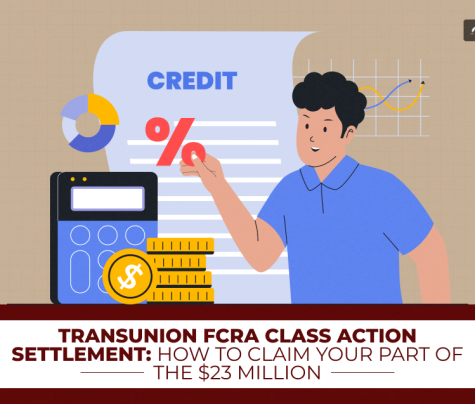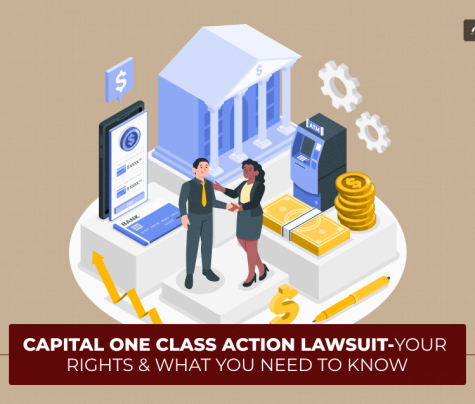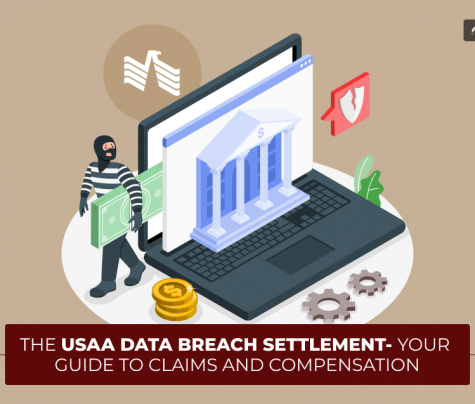
On 20th July, 2024, a global IT outage brought down payment systems across supermarkets, airlines, and banks. Customers in the UK were unable to buy groceries, book flights, or even pay for public transport.
Those who still carried cash managed to get by. Those without it were left stranded. This incident reignited the debate on whether moving toward a cashless society is truly safe. And people started thinking about how does a cashless society affect your privacy.
Governments and financial institutions promote it as efficient, modern, and secure. However, a society without cash comes with serious consequences for individual privacy, security, and equality.
But what does a cashless society really mean? How does it impact your financial and personal privacy? And are there legal protections in place to safeguard your data?
In this article, I will explain:
- What a cashless society is.
- The benefits that governments claim it brings.
- How does a cashless society affect your privacy?
- The major privacy risks associated with cashless payments.
- How different countries are approaching this transition.
- What laws exist to protect your privacy?
- Practical steps you can take to stay safe.
Therefore, if you are concerned about how your financial data may be used in a world without cash, keep reading till the end…
What Was Life Like Before The Push Toward Cashless Payments?
Before we start talking about the privacy issues, let’s first understand how we used to handle payments.
With cash, every transaction was anonymous. You could buy groceries, donate to charity, or pay for services without leaving a permanent trace. Once the exchange was done, there was no third-party monitoring or storing of your financial behavior.
In a digital payment world, however, every purchase—whether $1 or $1,000—creates a permanent data trail. Banks, fintech companies, and sometimes even governments have access to when, where, and how you spend.
This shift is what makes the debate around cashless societies so critical.
What Is A Cashless Society?

A cashless society is one in which all financial transactions are done electronically. This includes:
- Credit and debit cards.
- Mobile wallets like Apple Pay, Google Pay, Paytm, or PhonePe.
- Bank transfers and online payments.
- Contactless NFC payments.
- And in some countries, even Central Bank Digital Currencies (CBDCs).
As noted by WIRED, countries like Sweden already operate with less than 10% of transactions in cash. India has aggressively pushed UPI (Unified Payments Interface), and China is advancing toward a digital yuan. The U.S. and EU still keep a balance, but the direction is clear—cash use is declining.
Benefits Claimed By Governments and Banks
JP Morgan mentioned about the beauty of cashless payments. They stated how the reality of a cashless society is convenient.
“You don’t have to carry lots of coins or notes if you want to buy something expensive. And while cash is easily misplaced, you’re usually protected if your bank card is lost or stolen,” they stated.
Governments and central banks often present the shift as positive. They argue a cashless economy can:
- Reduce tax evasion and black money: Digital trails make hiding income harder.
- Improve safety: Less theft of physical currency.
- Boost convenience: Faster, easier payments.
- Increase financial inclusion: Reaching remote or unbanked populations with mobile payments.
- Support health goals: During COVID-19, reducing physical contact with cash was seen as safer.
On the surface, these are powerful arguments. But what about the hidden costs?
How Does A Cashless Society Affect Your Privacy?

While it is true that not having to carry cash all the time feels like a blessing, we often tend to ignore the dark side of the same. For instance, Lydia Prieg, Head of Economics in New Economics Foundation, mentioned while talking to JP Morgan that there would be “significant downsides” of a cashless society.
She mentioned how a cashless society would create “greater privacy and security challenges.”
“One reason people favor a cashless society is because transactions can be tracked and recorded. People don’t want anyone, including the government, being able to monitor their transaction data, and the institutions entrusted to guard this data are vulnerable to being hacked,” she mentioned.
According to Loyola College Chicago, “Convenience-wise, a cashless society certainly sounds appealing (imagine a future with no dirty, wrinkled dollar bills or coins buried in the couch). Privacy-wise, it’s harder to say. Especially when you consider the existence of an electronic record of your most sensitive purchases, including items such as drugs.”
Here are some of the major privacy risks of a cashless society:
1. Data Trails & Surveillance
Every digital transaction generates a recordable trail—from the payer, payee, time, location, to purchase details—unlike cash, which is inherently anonymous.
This data can be collected and used by banks, merchants, governments, or even third parties for profiling or surveillance.
2. Commercial Exploitation
Merchants and platforms often exploit transaction data for targeted marketing and behavior analysis.
In extreme cases, data may be shared or sold to advertisers and insurance companies. Cash Matter rightly points out that this then influences premiums or offers based on spending habits.
3. Government Surveillance
Digital payments can enable financial surveillance by states. Governments gain visibility into individuals’ spending, which may lead to subtle coercion or censorship. One commentator argues:
“The cashless society offers the government entirely new forms of coercion, surveillance, and censorship.”
4. Cybersecurity Threats & System Outages
Next on the list of the risks is cybersecurity. Digital infrastructure is vulnerable to hacking, data breaches, and system failures.
A global IT outage recently disrupted payments across supermarkets, banks, and transportation companies, reminding us of cash’s reliability in emergencies. Additionally, cybercrime—identity theft, fraud—becomes a persistent concern.
Read Also: Google Incognito Lawsuit: Can You Really Fight Against Big Companies Over Data Privacy?
5. Social Exclusion & Inequality
Going cashless often disadvantages elderly, low-income, unbanked, or rural populations who may lack access to technology, banking, or IDs.
In Australia, 63% fear cashlessness will widen inequality; disconnection from banking systems disproportionately impacts marginalized groups. Similarly, the ACLU highlights the privacy protection and inclusivity cash provides for vulnerable communities.
Legal Protections: Where Do We Stand?
Data protection laws are in place worldwide but differ in their effectiveness:
- GDPR (European Union): Gives individuals extensive rights over their personal data, such as the right to know, control, and delete financial information.
- CCPA (California): Mandates that companies provide details on their methods of collecting and selling consumer data.
- The Digital Personal Data Protection Act, 2023 of India: Sets up a model for data privacy in the digital space, however, the enforcement aspect is still in its nascent stage.
- CBDC Concerns: The legal challenge of central bank digital currencies is still there. Some privacy-enhancing technology-backed proposals exist, but the actual implementation in the real world is far from being clear.
Privacy rights are acknowledged to be the right to be protected from abuse by any individual or institution, and are the most fundamental human rights.
Privacy is one of the most important and fundamental human rights, which is why it has always been guarded even in the most ancient and strictest codes of law.
These include the UN International Covenant on Civil and Political Rights, the basic human rights principles of the world’s constitutions, etc.
Almost every jurisdiction in the world nowadays has strong laws to secure the privacy of citizens (e.g., GDPR in the EU, APEC framework, national acts)
The legal framework is gradually changing with some shortcomings. The issue of whether keeping detailed records of financial transactions is illegal tracking of citizens’ privacy hasn’t been raised by the courts yet.











0 Reply
No comments yet.